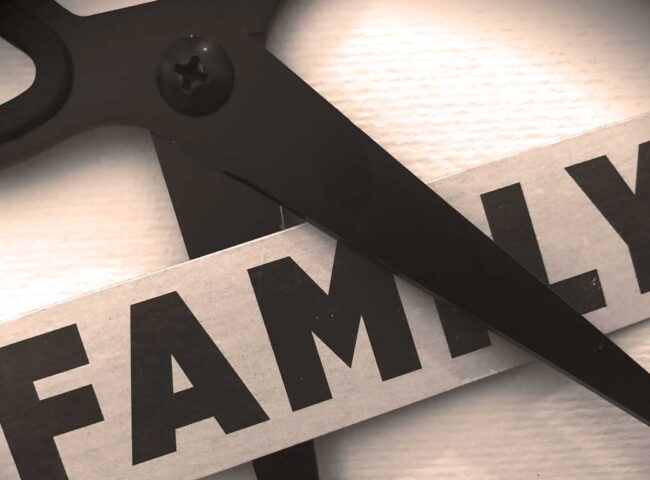Chase | J.P. Morgan | Wealth Management
By Sarah Daya on November 28th, 2023
Numerous studies have shown that the biggest risk to the continuity of family wealth across generations is family discord. In fact, it’s a bigger risk than market or portfolio risk or estate taxes.
Per the Williams Group, breakdown of communication and trust account for 60% of wealth transfer breakdowns.
Many estate planning attorneys even describe “communicating the plan” as the final step in the estate planning process. If communication about family wealth and future plans is so important, why don’t more people talk about it?
Often, the answer is simple: because these conversations can feel uncomfortable. Death, money – neither topic is particularly welcome. It’s natural to be afraid of not delivering the message effectively, of upsetting one or more of your beneficiaries, of “spoiling” your kids by telling them too much, or even, simply, of your own mortality. So many people avoid the topic altogether. But failing to communicate can have real and practical consequences.
Here are some common scenarios that can lead to issues:
Trust your family. For some, there is perhaps no better way to cultivate trust than through practiced communication. If there are issues or conflicts requiring resolution, knowing about them can be useful and can help guide you in your thinking about whether beneficiaries should receive shared or separate inheritances. In other cases, fears about your children’s reactions may be overblown, and your children or grandchildren could surprise you. Either way, engaging in the conversation may be better than not, and ultimately, estate planning demands trusting that those you name, whether family or professionals, will handle your affairs as you wish them to be handled.
Sarah Daya, Executive Director, Central Division Lead, Wealth Planning and Advice





